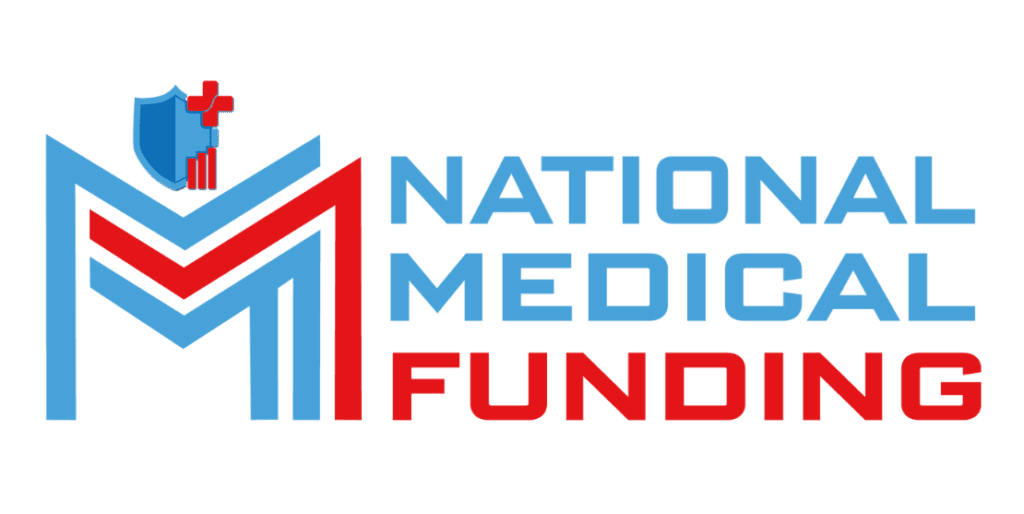
Money in the Margins: Financing Microservices
The Hidden Power of Small Services Primary care c...

Saturday and Sunday – CLOSED
support@nationalmedicalfunding.com



Starting or running a medical practice comes with a big question: “How hard is it to get a medical loan?” For many doctors, clinic owners, and healthcare entrepreneurs, financing can feel overwhelming. The paperwork, the approvals, and the uncertainty all create stress. But here’s the truth: with the right healthcare finance solutions, getting the money you need is not as complicated as it may seem.
In fact, lenders often see medical professionals as lower-risk borrowers. Why? Because healthcare services are always in demand. Patients need doctors, hospitals, laboratories, and clinics—no matter what’s happening in the economy. This makes loans for medical professionals more accessible compared to other industries. In this guide, we’ll break it all down in a simple, conversational way so you’ll know exactly what to expect and how to prepare.
Let’s start with the basics. Healthcare is not like any other business. Setting up a clinic requires specialized equipment, trained staff, licensing, and sometimes even real estate investments. These expenses add up quickly. Without access to healthcare funding solutions, many practices would struggle to get off the ground.
The need doesn’t stop after startup. Running a practice comes with ongoing expenses like payroll, rent, and insurance reimbursements that don’t always arrive on time. That’s why loans for medical professionals are essential—they provide stability and breathing room when finances get tight. If you’d like a deeper dive into how financing shapes the healthcare industry, check out What Are the Four Modes of Healthcare Financing?.
Many healthcare professionals assume medical loans are hard to secure. The truth is, lenders often prioritize doctors and clinics because their businesses are considered steady and dependable. However, myths persist, such as:
Breaking these myths is important. When you understand what lenders actually value, the path to funding becomes much clearer.
So, what factors matter most when applying for loans for medical professionals? Lenders usually focus on three main areas:
The good news? Compared to other industries, medical practices are seen as safer bets. That’s why many lenders design healthcare funding solutions specifically for professionals like you.

If you’re worried about whether your application will be accepted, here’s the encouraging news: being in the healthcare industry already gives you an advantage. Medical practices tend to have predictable income streams. Patients need care consistently, and insurance reimbursements eventually come through—even if they’re delayed.
Other factors that make approval easier include strong community demand, clear financial documentation, and a history of steady patient volume. These details help lenders see that your practice is built on solid ground. For more insight into creating a strong funding strategy, take a look at Strategic Financing for Medical Practices.
Of course, not everything is smooth sailing. Some challenges can make it harder—or at least slower—to get approved:
The solution is preparation. Knowing what documents you’ll need and having a clear plan for the loan helps avoid unnecessary delays.
Here’s where strategy comes into play. If you want fast approval for loans for medical professionals, you’ll need to:
Applying with specialized lenders who understand healthcare also improves your chances. They’re familiar with the unique challenges of medical practices, so they’re quicker to approve funding. For practical tips on preparing your finances, read 7 Smart Financial Moves Every New Medical Practice Should Make.
Not all financing options are created equal. Healthcare funding solutions come in many forms, and comparing them helps you pick the right one:
Each option has unique benefits, but traditional small-business loans may not be tailored to the healthcare field. That’s why choosing industry-specific financing can save you time and stress.

It’s one thing to survive—it’s another to grow. With the right healthcare finance solutions, you can expand services, invest in new technologies, or even open additional locations. Growth often requires upfront investment, and loans give you the power to move forward without waiting years to save.
The key is finding a balance between short-term cash flow and long-term growth strategies. For a stress-free approach to managing funding, you can explore Finance for Healthcare Professionals Made Simple. It’s designed to help professionals like you access funding without unnecessary complications.
By now, you can see the bigger picture: while getting a medical loan requires preparation, it doesn’t have to be overwhelming. When you understand what lenders expect and align your strategy with the right healthcare funding solutions, approval becomes much easier.
Think of it like patient care. A little preparation, the right resources, and expert guidance can make the whole process smooth. Medical loans aren’t just about covering costs—they’re about giving your practice the foundation to thrive.
So, how hard is it to get a medical loan? The honest answer: not as hard as you might think, especially when you have the right partner by your side. With specialized loans for medical professionals, lenders are ready to support you because they understand the stability and value of healthcare.
The key takeaway is this: don’t let financing fears hold your practice back. With the right planning and the right partner, you can secure the funds you need quickly and confidently. National Medical Funding offers tailored healthcare finance solutions that put your goals first—so you can focus on caring for patients while your practice continues to grow.
The Hidden Power of Small Services Primary care c...
We all think a loan is the answer to our problems, righ...

Fuel your medical practice’s growth with financial solutions tailored to your needs. We’re here to support independent practitioners and group practices with strategies built for success.


Mon Fri: 8:00am – 6:00pm
Saturday: Closed
Sunday: Closed
Copyright © 2025 National Medical Funding